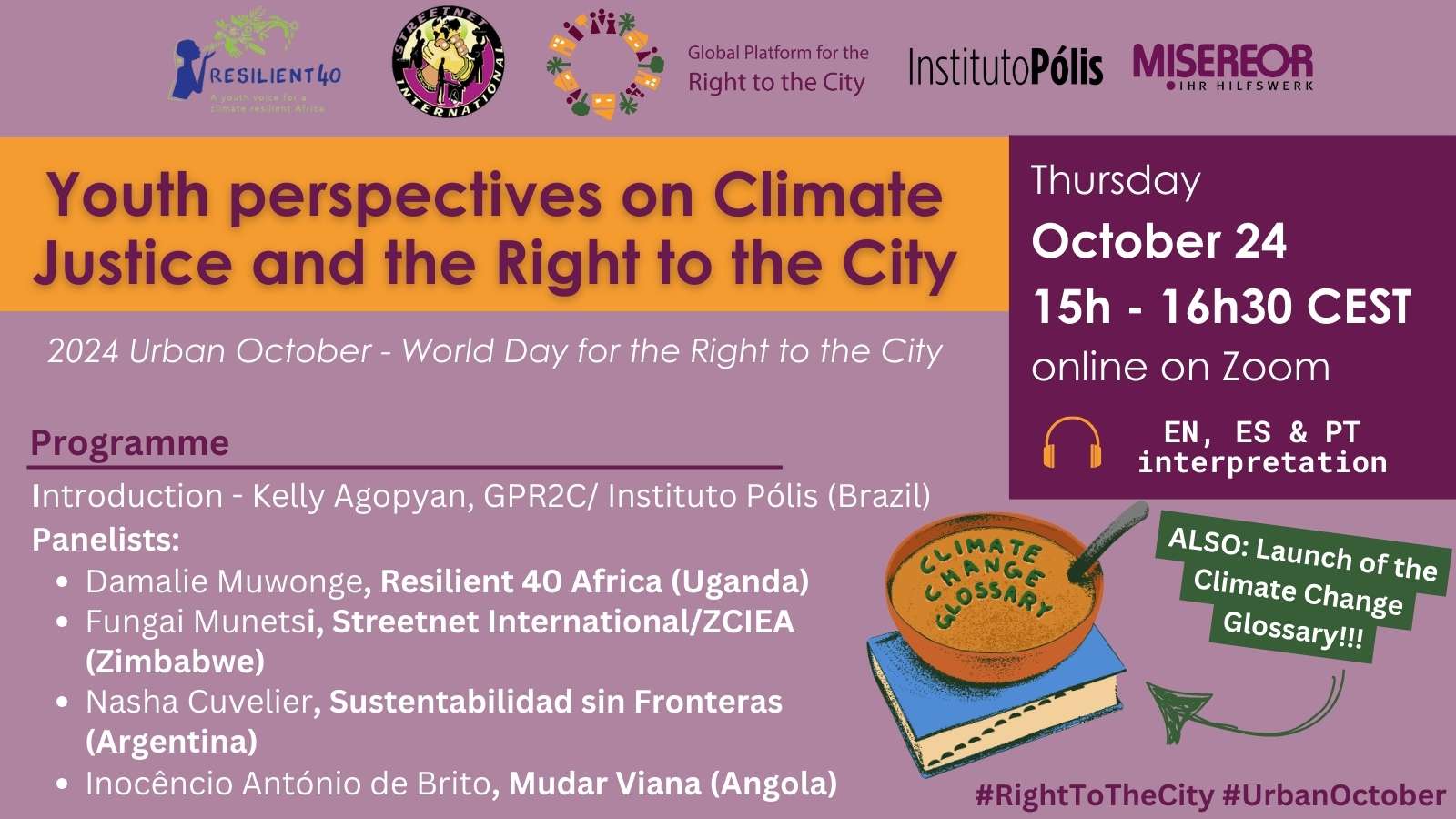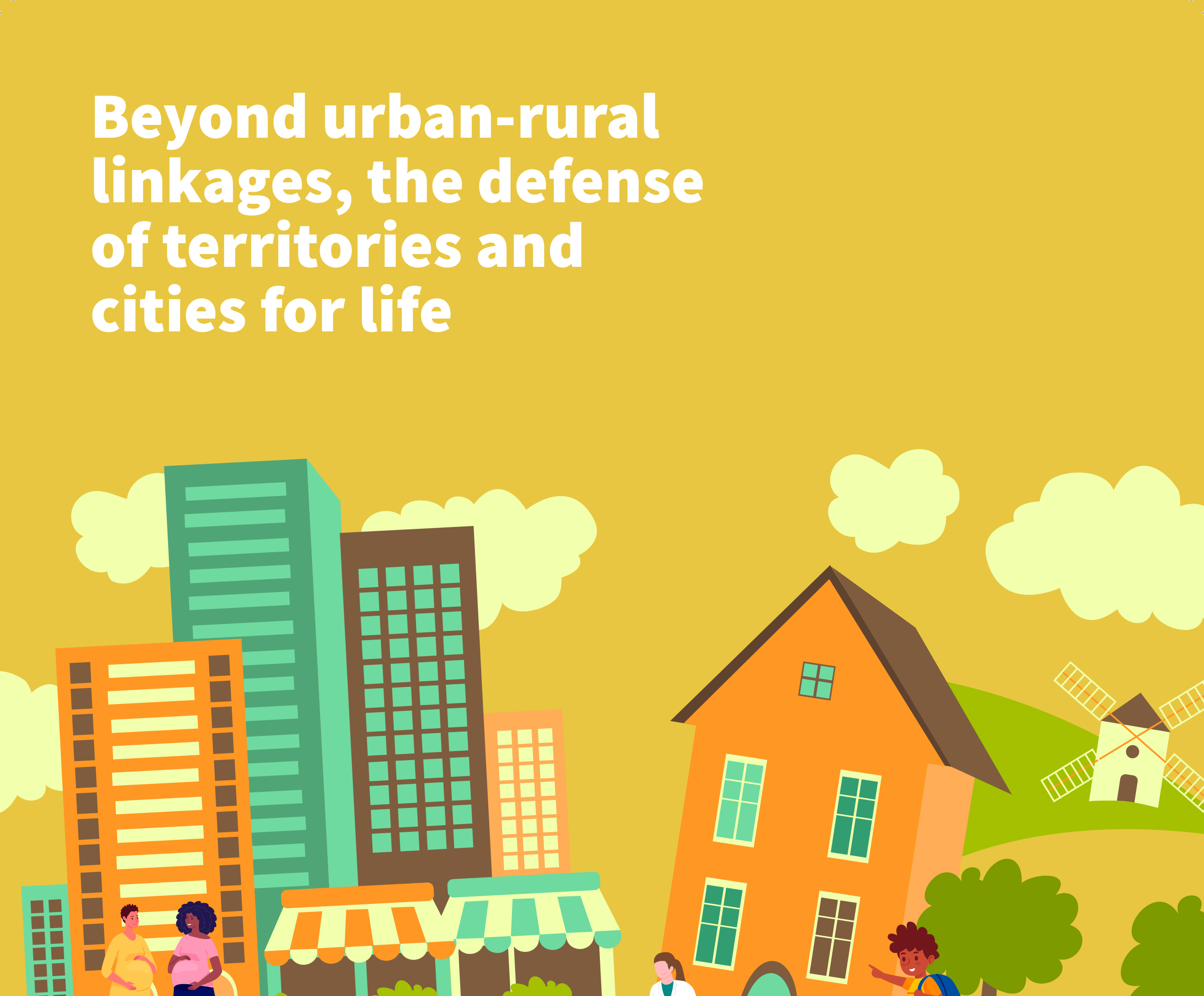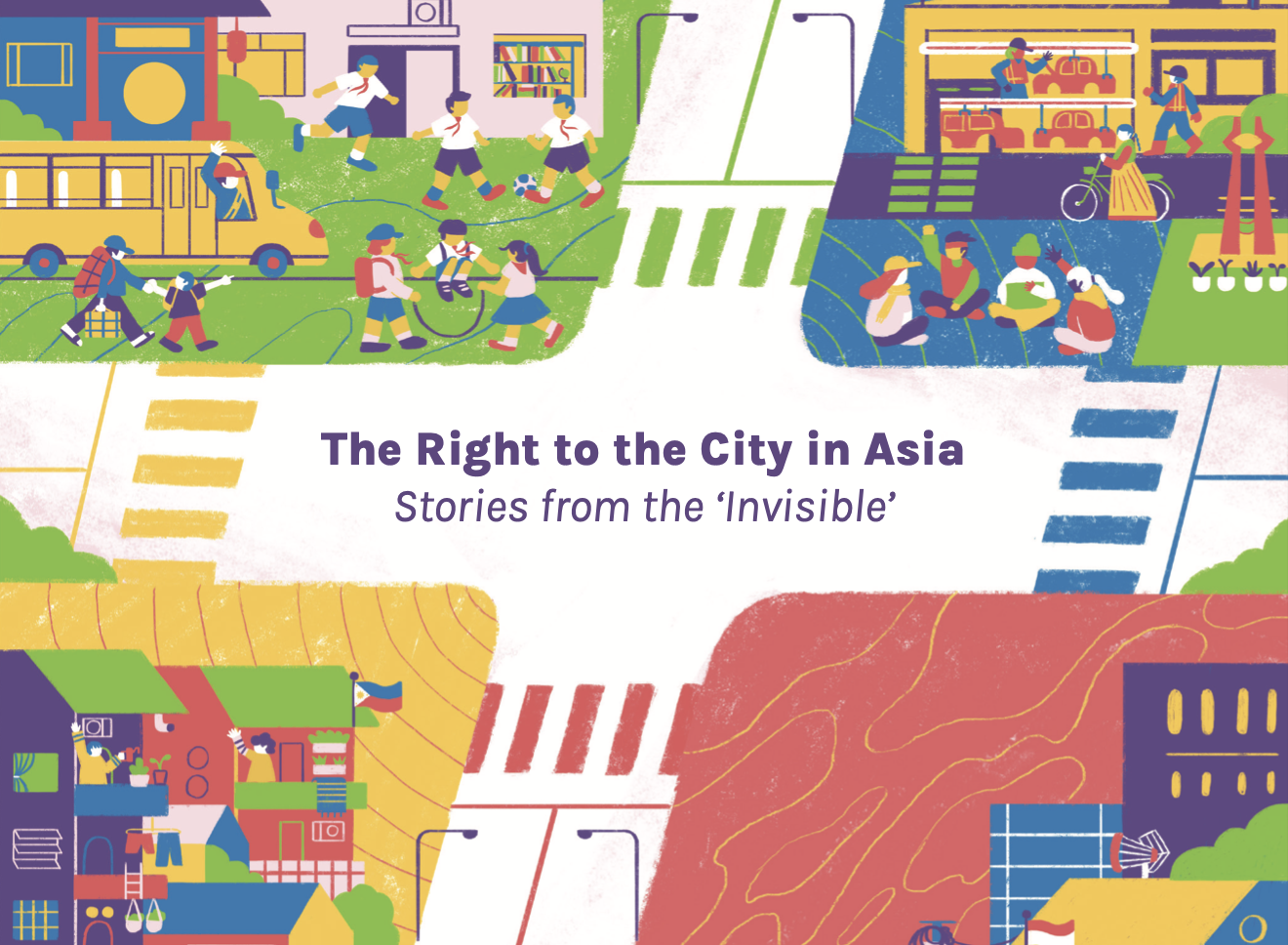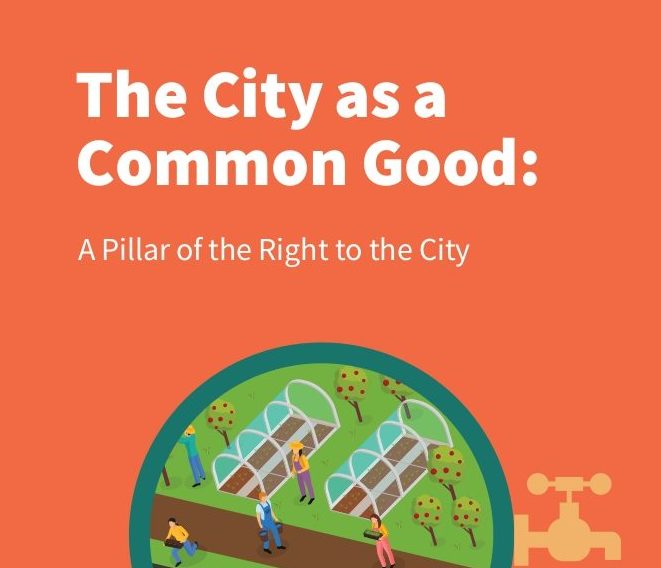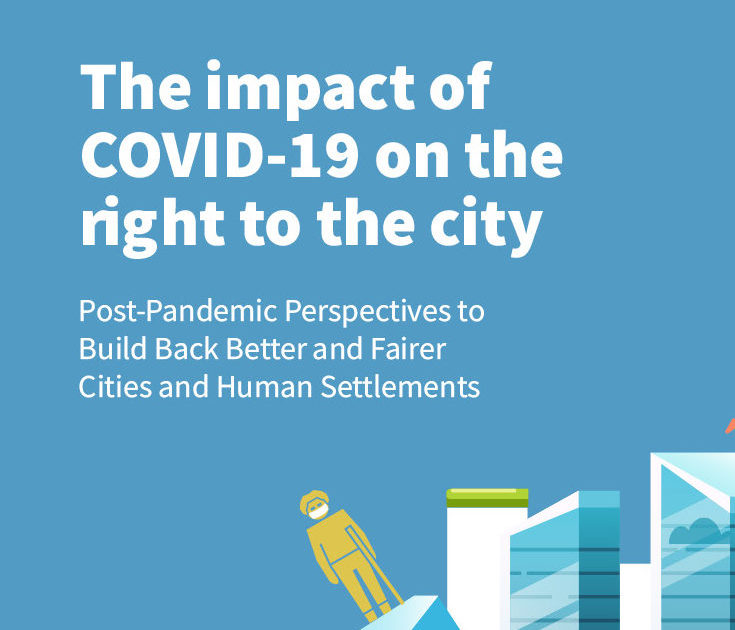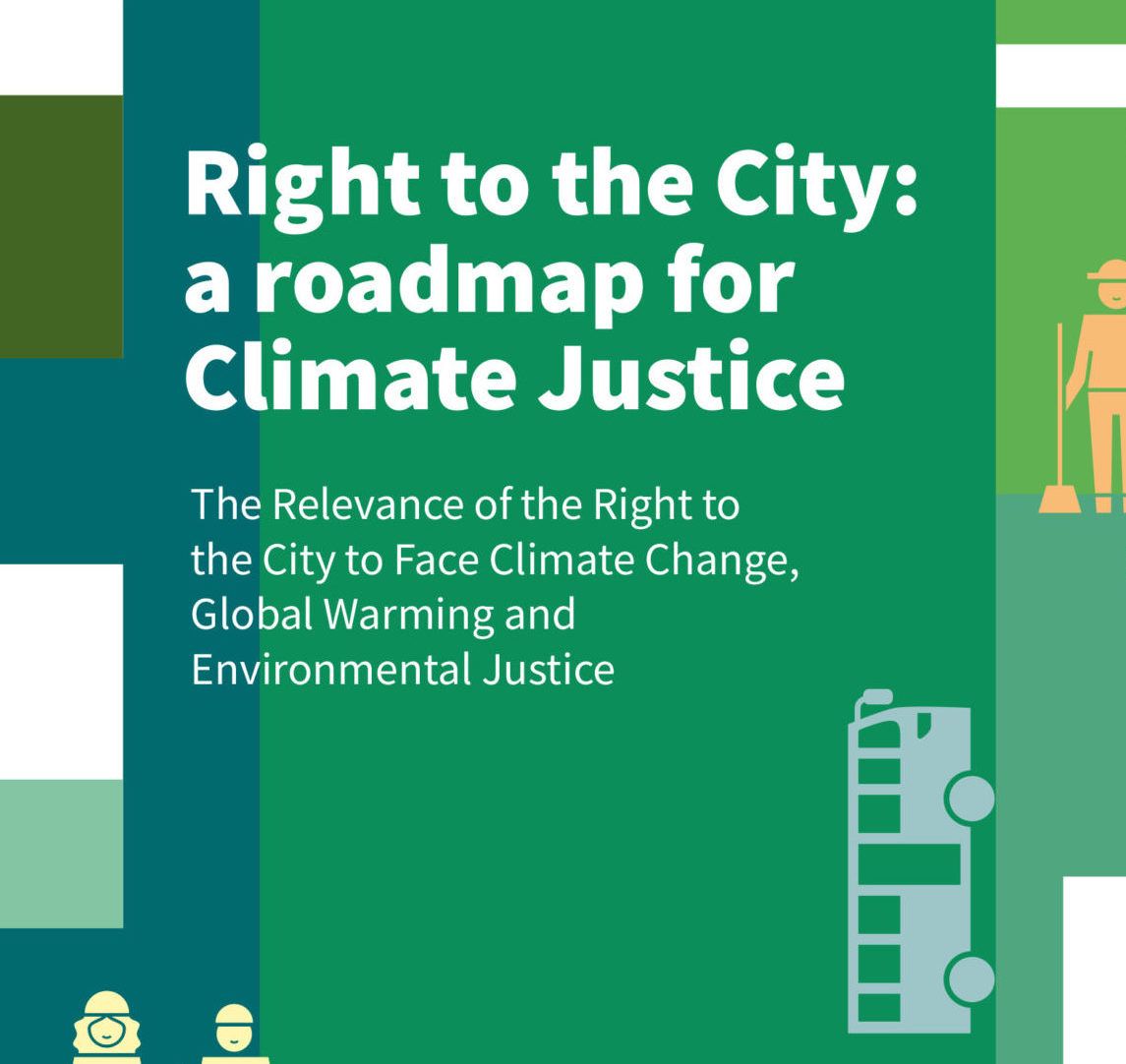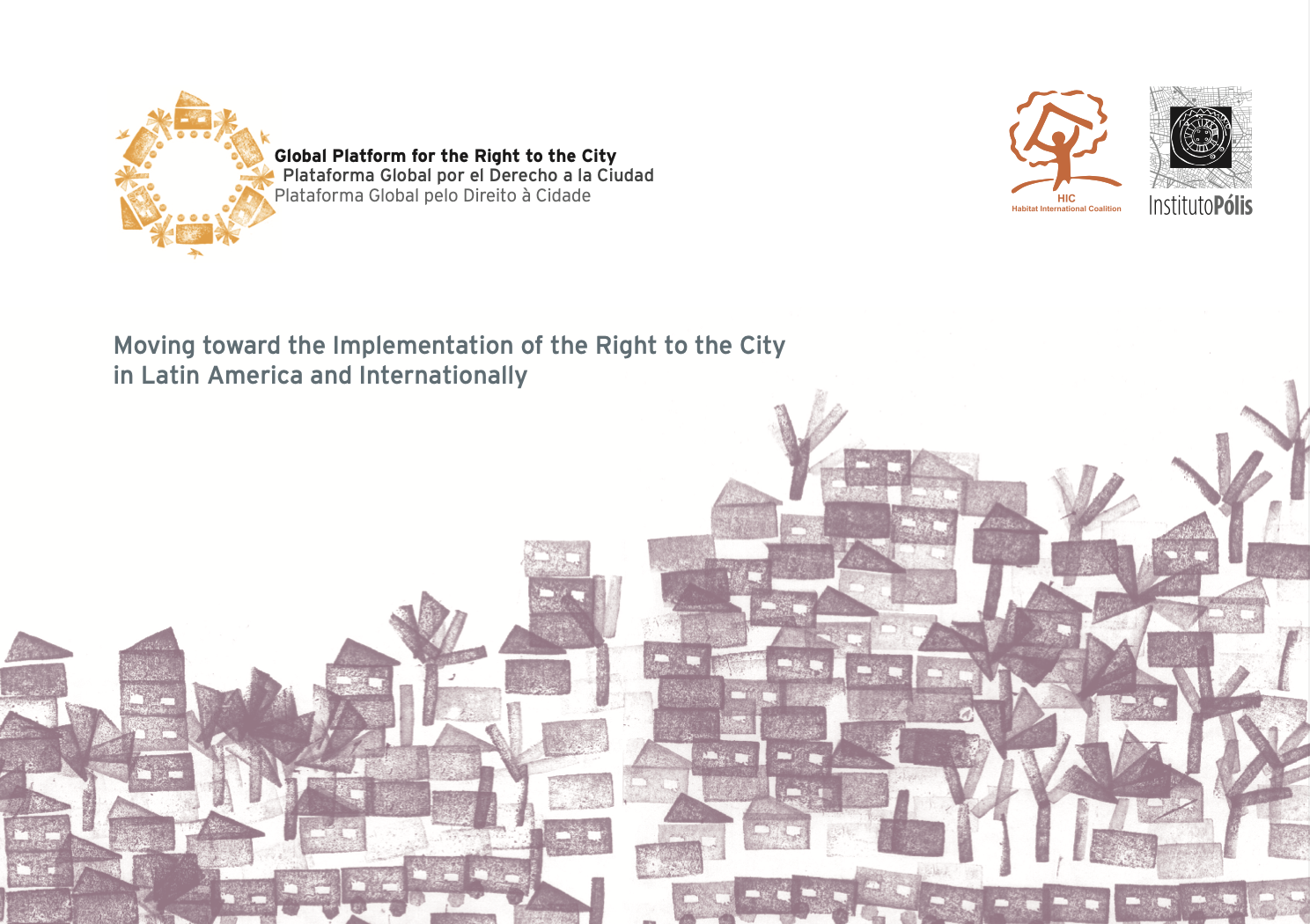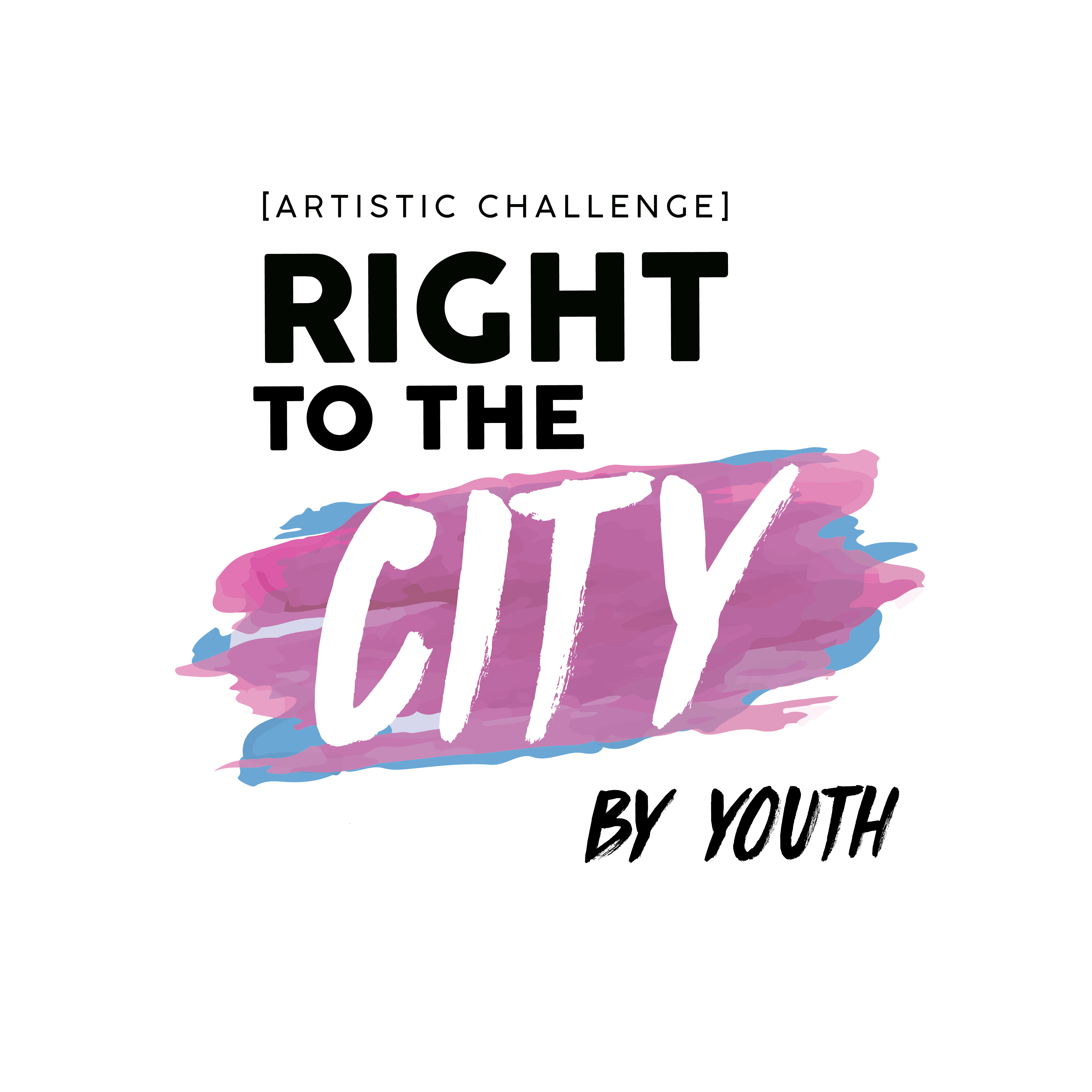
On October 31st, we celebrate the World Day for the Right to the City. As UN-Habitat makes a call for us to reflect on the role of youth leading climate and local action for cities, we reaffirm our commitment to building climate justice through the Right to the City.
This entails recognizing that any effective climate action must aknowledge structural inequalities and be formulated as to address and reverse these inequalities. Moreover, it also involves recognizing the interlinkages between climate action and territorial justice, improving the connection between climate policies and territorial policies. Finally it entails assuming a Human Rights Perspective on all strategies involved, building them through the perspective of reinforcing community organization and participatory approaches.
Below you can find some documents and initiatives that illustrate GPR2C’s approach to Climate Justice from a Right to the City perspective:
The aim of this Glossary is to provide relevant, systematized and accessible information on climate change concepts, frameworks and stakeholders for GPR2C’s members and allies collective work in advancing climate justice through a right to the city approach. In that sense, elements on this glossary were chosen and critically analyzed, mainly, through a territorial and rights-based perspective.
This document was developed by Pólis Institute and the GPR2C under the scope of the project “Claiming Right to the City, Advancing Climate Justice: Strengthening the Social Movements in Brazil and Globally to Tackle Climate Crisis” carried out by Instituto Pólis and supported by Misereor.
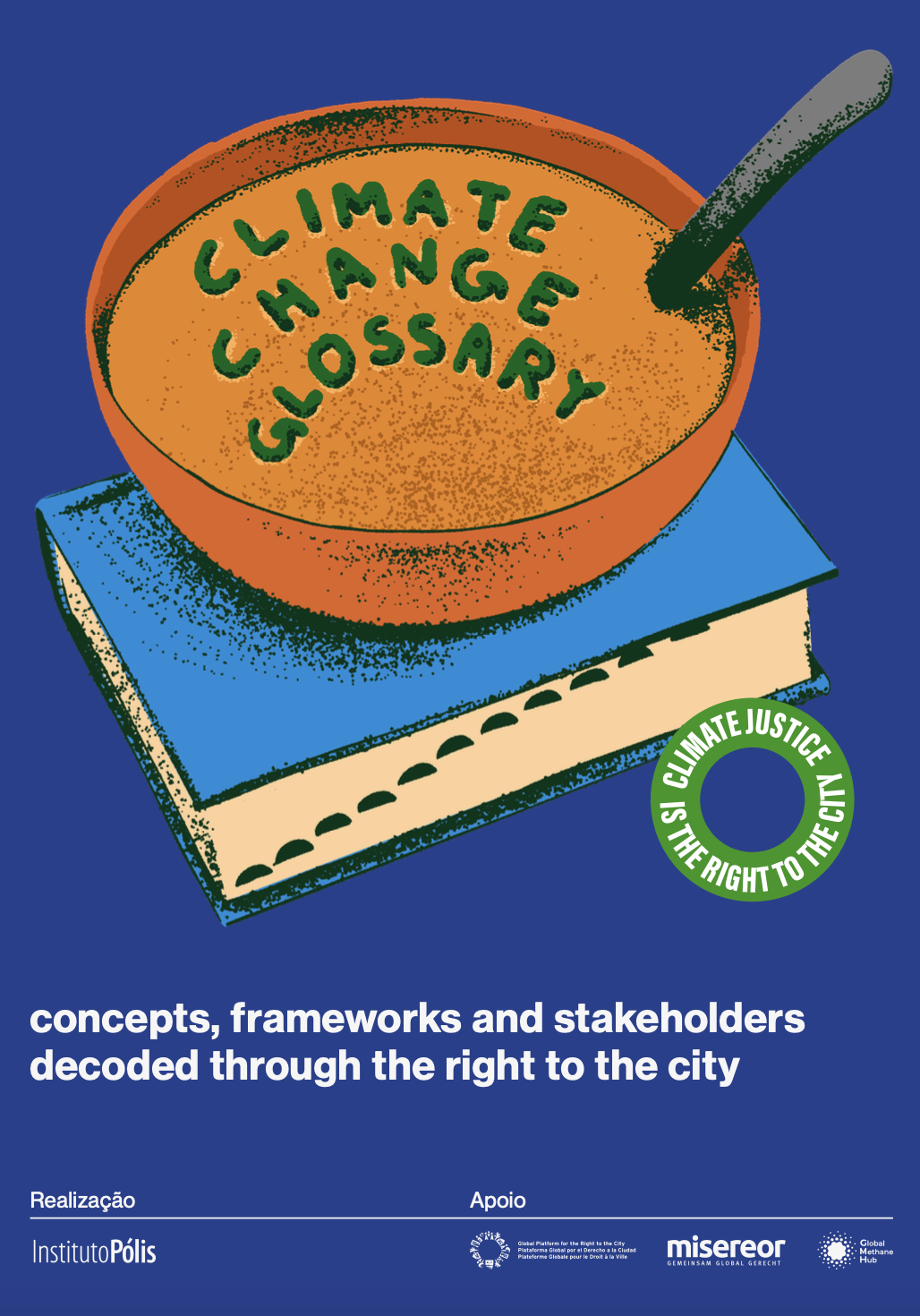
The paper sheds light on the potential of the Right to the City as “one of the reference frameworks to guide equitable Climate Action and to jointly create practical agendas to mitigate Climate Change, adapt to its impacts, and guarantee the restitution of rights lost in the past while preserving those rights for future generations”.
This paper proves that the Right to the City framework is already providing substantial alternatives to work for Climate Justice worldwide!
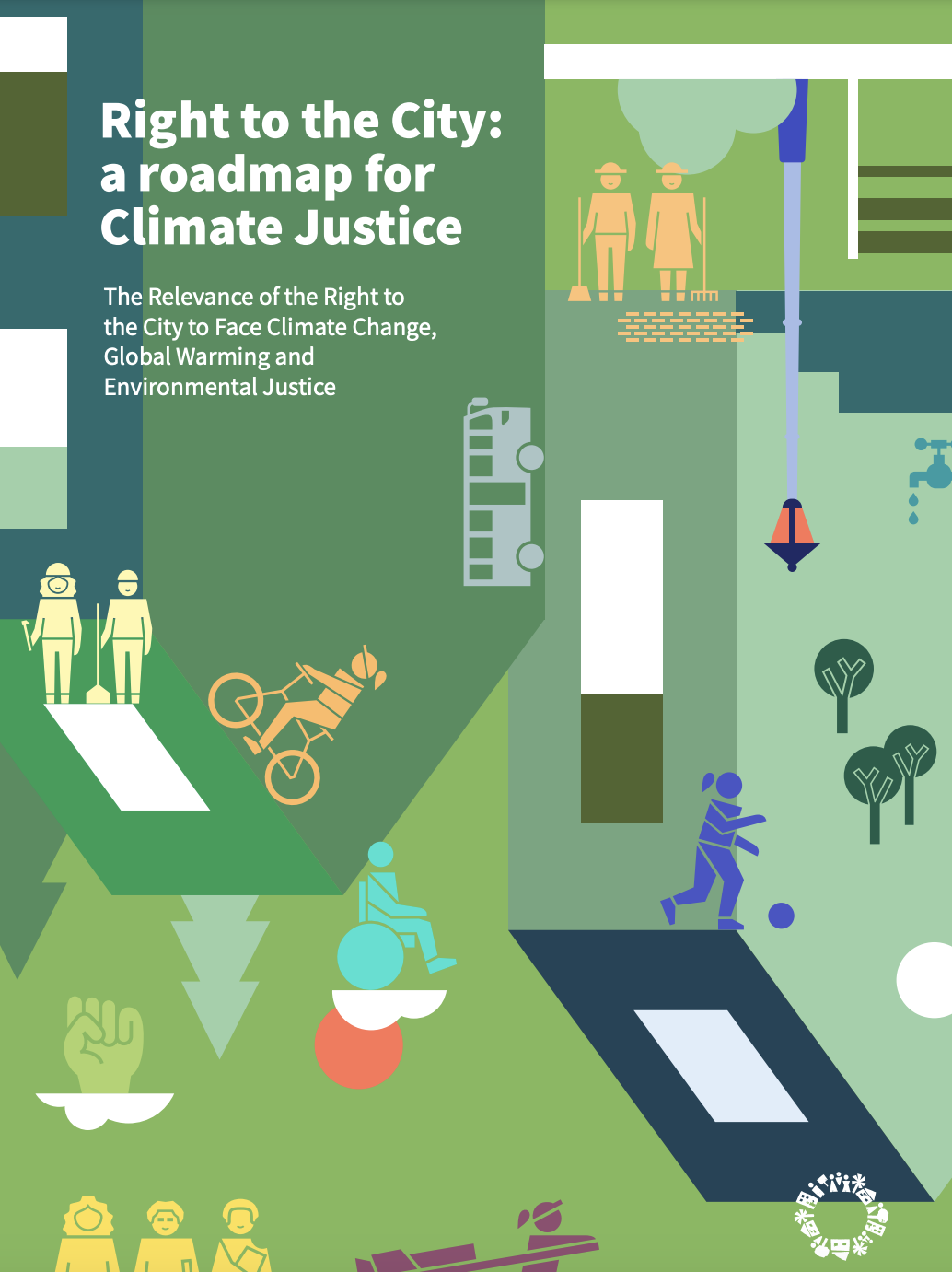
For this Urban October, GPR2C member Streetnet International has partnered with its affiliates to hear about how street vendors are being impacted by climate change and the strategies that they have been carrying forward to advance climate justice.
You may find these stories below:
From vulnerability to resilience: street vendors in Malawi in the age of climate change
As climate change intensifies, street vendors in Malawi face unprecedented challenges. Heat stress, flooded markets, and unpredictable income threaten their very existence.
Yet amidst adversity, street vendors in Malawi are innovating, supporting each other and promoting sustainable practices. It’s time to amplify their voices and explore solutions to ensure their survival and environmental stewardship.
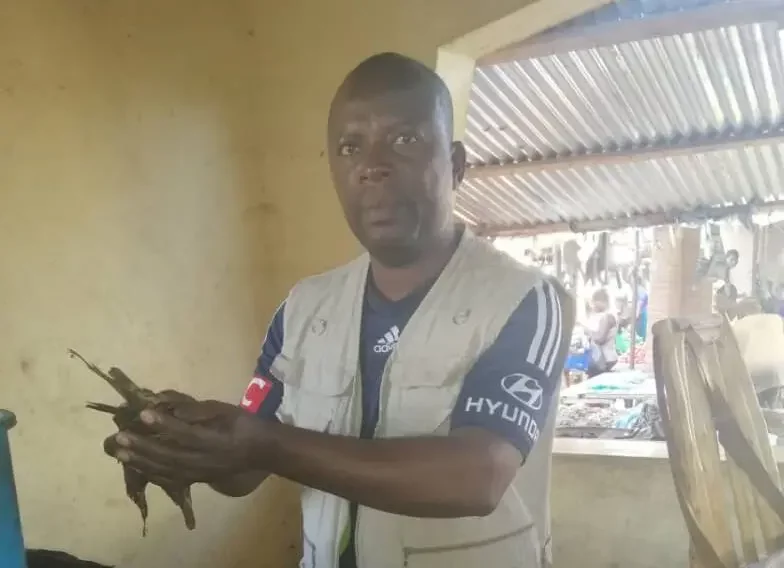
Behind the scenes at the Bonfi smoking center: Interview with Mamadouba Bangoura, hawker at the heart of the market
We’re in the heart of Bonfi’s fish-smoking center, where the heat and acrid smell of smoke fill the air. Between the reddish brick ovens and the metal basins overflowing with fish, work is in full swing. It’s here that we meet Mamadouba Bangoura, a 30-year-old hawker who transports basins of smoked fish from the center to the local markets. With a sure step, he balances a large basin on his head, ready to chat between two deliveries.
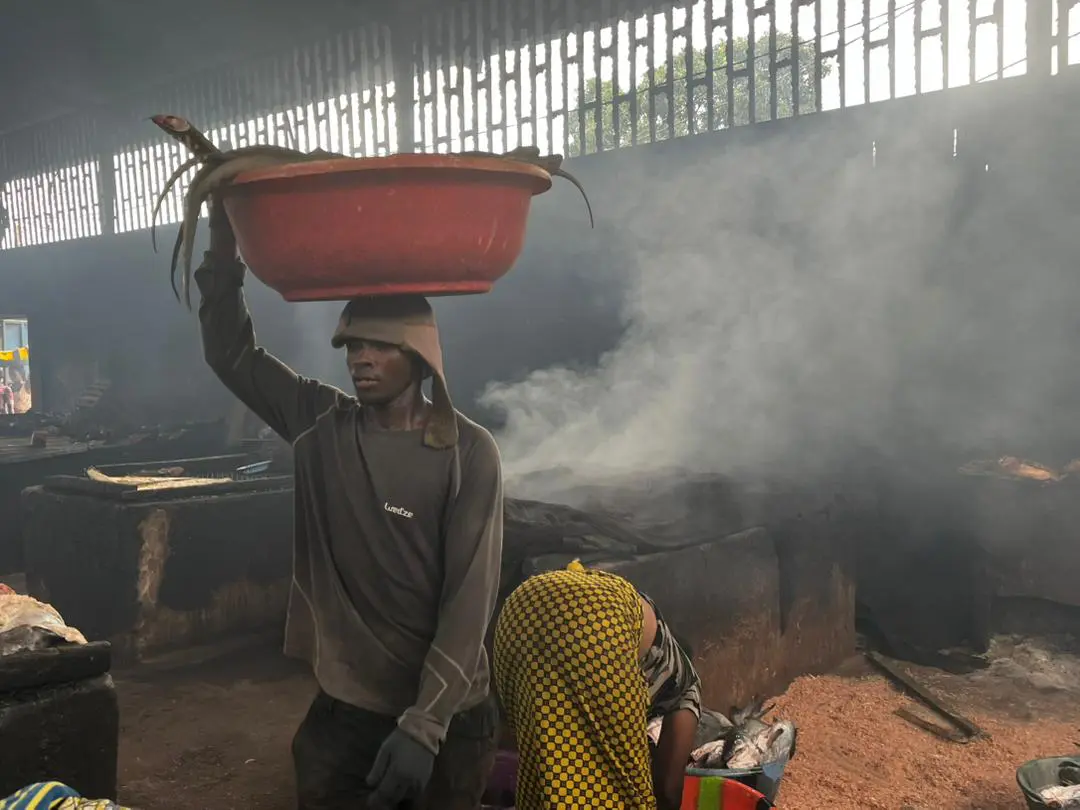
As we celebrate the 2024 World Day for the Right to the City, we look at the actions and strategies from youth groups to learn how they have been engaging both for climate and territorial justice, through the perspective of the Right to the City.
For such, the GPR2C along with Resilient 40 Africa, Streetnet International, Pólis Institute and Misereor will hold a public event on October 24th to celebrate Urban October focusing on youth voices and action for climate justice and the Right to the City. The event will be held online from 15h-16:30h CEST (check your local time here) and will count with interpretation in english, spanish and portuguese.
